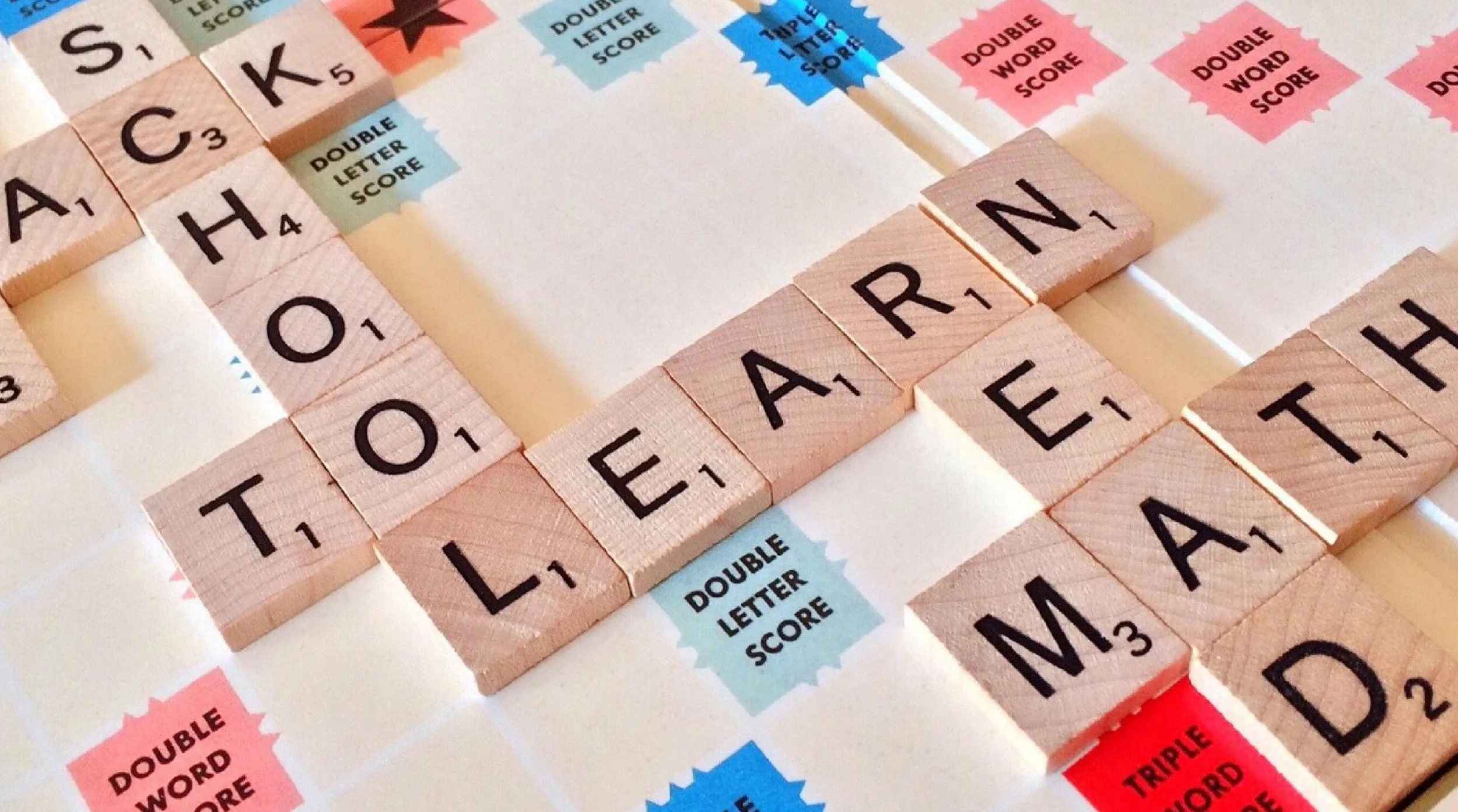When to Schedule a Psychoeducational Assessment
One of the most common questions we get at Bluebird Psychology is, “at what age should I have a psychoeducational assessment done for my child?” or, “how do I know when my child’s difficulties warrant a psychoeducational assessment?” Ensuring your child is happy, healthy, and performing at their full potential is a priority for any parent. However, sometimes, despite your best efforts, you may be noticing that your child is struggling academically, socially, behaviourally, or emotionally. In these moments, it can helpful to pursue a psychoeducational assessment to get answers and learn how to support them. While every child’s journey is unique, when is the right time to pursue an evaluation?
Understanding Psychoeducational Assessments
In Alberta, a psychoeducational assessment is a comprehensive evaluation conducted by a registered psychologist or registered provisional psychologist. It assesses cognitive abilities, emotional functioning, and academic skills. The goal of an assessment is to identify areas of strength and difficulty, which then guides effective and evidence-based intervention strategies.
The Importance of Early Intervention
Early intervention plays a critical role in shaping a child's developmental trajectory. The earlier developmental or learning difficulties are identified, the sooner appropriate support can be provided, improving long-term outcomes in academic achievement, social skills, and emotional well-being. While people used to use a “wait and see” approach, current research indicates that the sooner we provide intervention, the better the outcomes. This means that if you notice your child is struggling in grade one, a psychoeducational assessment may be a good option, allowing you to put supports in place early.
Signs That It's Time to Consider a Psychoeducational Assessment
Persistent Academic Challenges: If your child consistently struggles with reading, writing, math, or other core subjects despite extra help or accommodations, it may indicate underlying learning differences.
Inconsistent Academic Performance: Significant variability in grades or achievement levels that do not align with your child's intelligence or level of effort can suggest the need for assessment.
Difficulty Concentrating or Staying on Task: Issues with attention, impulsivity, or hyperactivity may be signs of attention-deficit/hyperactivity disorder (ADHD) or other related conditions.
Social or Behavioural Concerns: If your child experiences social challenges, emotional regulation issues, or behavioural problems affecting their school experience, an assessment may help clarify the underlying causes.
Delayed Language or Motor Skills Development: Signs such as late speech onset, difficulties with coordination, or other developmental delays mean that your child may benefit from early evaluation.
Concerns from Teachers or Educators: If your child’s teacher is noticing consistent difficulties, frequent points of frustration, or behavioural concerns, a psychoeducational assessment may be the next step.
Parental Intuition: Sometimes, parents notice subtle signs that indicate their child is not meeting developmental milestones or is not quite performing academically how they should be.
For more signs that your child may benefit from a psychoeducational assessment, click here.
Timing Matters: When to Schedule the Assessment
While assessments can be valuable at various stages, as we mentioned above, intervention is most effective when challenges are identified early. For example:
In Preschool and Kindergarten: Early assessments can detect language or developmental delays.
Elementary School: As academic demands increase, evaluating learning difficulties can inform the development of tailored interventions and accommodations.
During Times of Transition: Significant changes, such as moving from elementary to middle school, can impact a child's adaptation and performance, making a psychoeducational assessment a valuable tool.
Our Final Thoughts
Scheduling a psychoeducational assessment at the right time is a proactive step toward supporting your child's development and educational success. Recognizing early signs of learning or behavioural difficulties and seeking timely evaluation can make all the difference for your child. If you have concerns about your child's development or academic progress, consider consulting with a psychologist to explore assessment options and determine the next steps.
If you have any questions or need assistance in understanding your child's assessment needs, feel free to reach out to us or schedule a free 15-minute consultation with one of our psychologists. You can also learn more about psychoeducational assessments here.

